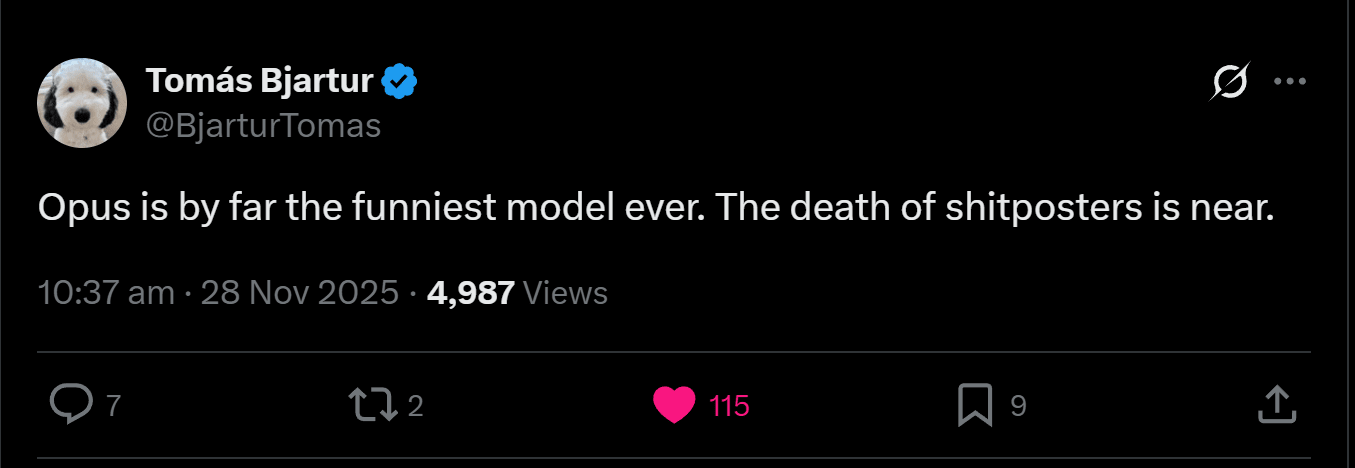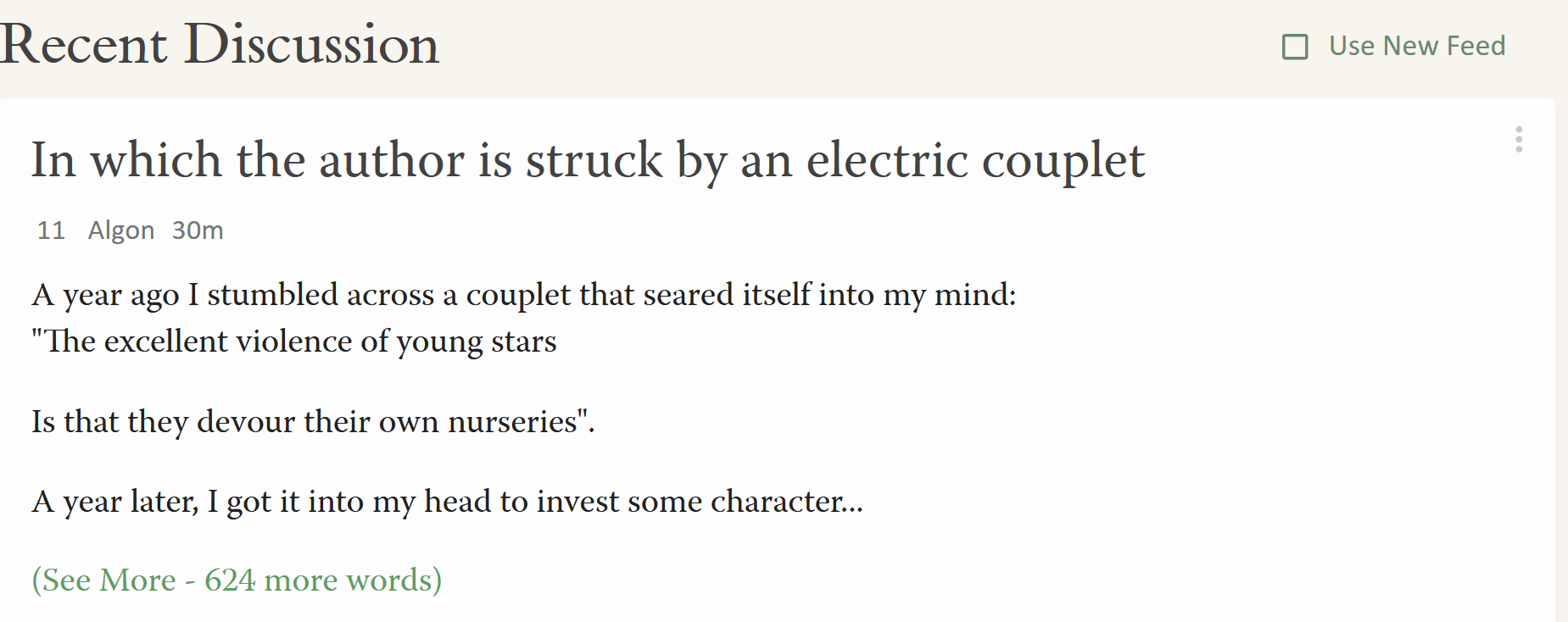Do One New Thing A Day To Solve Your Problems
People don't explore enough. They rely on cached thoughts and actions to get through their day. Unfortunately, this doesn't lead to them making progress on their problems. The solution is simple. Just do one new thing a day to solve one of your problems. Intellectually, I've always known that annoying, persistent problems often require just 5 seconds of actual thought. But seeing a number of annoying problems that made my life worse, some even major ones, just yield to the repeated application of a brief burst of thought each day still surprised me. For example, I had a wobbly chair. It was wobbling more as time went on, and I worried it would break. Eventually, I decided to try actually solving the issue. 1 minute and 10 turns of an allen key later, it was fixed. Another example: I have a short attention span. I kept wasting all my time constantly refreshing pages in the hopes of the tiniest dopamine hit. This sucked. I couldn't read anything longer than a page without getting distracted, I couldn't practice skills for more than a moment, or write anything longer than a tweet. So I started to do one new thing a day to solve this. First, I decided to block out two hours in the morning free from electronics. This sorta worked. Then, I tried going to the library after the two hours were up. This sorta worked, too, and I used the computer sensibly there. But then the swarm of attention-hijacking processes out to get you which infest the internet got their hooks into me again, and I regressed. So I tried blocking out my time to use electronics in two hour blocks where I alternately can/can't use electronics. This kinda worked, but then I got cocky and thought myself immune to tight feedback loops and regressed. So I banned myself from electronics one day a week. And that sorta worked too. All of these things synergized to effectively pause my feedback loops, and were independent enough that even when my attention is hijacked again and I start doomscrolling, I




Did you pay him market rates for the therapy session?